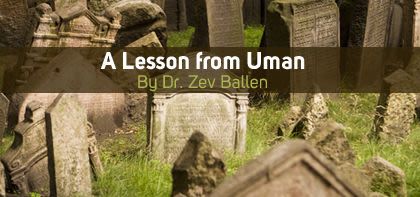
A Lesson from Uman
There is no power on earth that can limit a person who is ready to sacrifice everything for that which he loves and believes in. He enters the realm of the supernatural...

I stood over the mass grave of 33,000 people murdered in the year 1768. The Jewish community of Uman, in the Ukraine, were comprised of simple people who were loyal to what they believed in. They all choose the sword rather than conversion – men, women, children and infants – the single largest massacre in Jewish history.
When he discovered the spot, Rebbe Nachman said he wanted to die there and be buried with those martyred souls.
What does this mean for my life?
G-d was nudging me to think more deeply into something! How can I walk over 33,000 of my people for a week and not be pulled into thought about what it means?
What was I supposed to take from Uman? I prayed to know. What should I learn from my ancestors? In a practical sense, what relevance 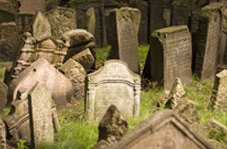 does their martyrdom have to my life more than 200 years later?
does their martyrdom have to my life more than 200 years later?
As I thought about these questions, the word "love" kept popping into my mind.
When you really love someone, how far would you go for that person? Would you be willing to dishonored for that person? Would you be willing to go broke for that person? Would you make the ultimate sacrifice for that person?
Of course you would.
I asked myself if there was anything more powerful in this world than the willingness to die for something that one loves and cherishes.
I couldn't think of anything.
Even the most powerful weapons of mass destruction are like tinker toys when compared to the spirit of love.
When a person is drawn into a love of G-d, people or a cause, he becomes indestructible. There is no power on earth that can limit a person who is ready to sacrifice everything for that which he loves and believes in. He enters the realm of the supernatural; the natural, physical world no longer has any jurisdiction over him.
Before I realized it, I had wandered very far from the kibbutz (Jewish gathering). I was alone in a field when I was accosted by six Ukrainian youth who were demanding my money. I saw on their faces the same insane hatred that senselessly murdered so many of my ancestors. They came at me throwing rocks. As I ran, I heard the rocks whizzing past my head and falling with a thud on the damp ground. They shouted in broken English, "Dollars, Mister… we want dollars!" I prayed as I ran and didn't stop running until I was leaning over the Rebbe's gravesite. Out of breath and drenched in sweat, I pressed my lips against the cool stone and cried.
I wondered how many Breslever Chasidim, from the past, found refuge from near disaster at the Rebbe's gravesite and how many brave souls did not. Later that day, I heard that another Jew who had been praying nearby was beaten with fists and sticks by that same wild gang of teenagers.
As I looked around the crowded room, every kind of Jew was there. I no longer cared about the hot crowded conditions and discordant screams of some of my brethren. After being alone with the "Hitler youth," I felt so happy to be with Jewish people. Someone gave me a shove and pushed himself in front of me to make contact with Rebbe Nachman. I smiled to myself and felt pride in my aggressive brother for his healthy brazenness to serve G-d. After all it wasn't bloodshed and money that motivated his aggression – it was a wish to serve G-d. His success is surely mine and yours too.
My barriers were down. My heart was full of love and gratitude. I wanted to keep this feeling alive within me.
But their warped beast-like faces intruded again into my mind – a bit of post-traumatic stress. My mind repeated the incident over and over in order to make it come out right. What would be the best outcome?
My mind jumped to the future:
Someone would insult me. I wanted to strike back but I remembered the rocks.
Someone would ignore me. I wanted to demand his attention but I remembered their faces.
Someone would deny me what was rightfully mine. I wanted to protest but I remembered "We want dollars mister!"
I was feeling a type of loyalty. I felt committed to something indestructible – It was to the love of peace…to the idea that love of peace must dominate my life from this moment on no matter what.
I balked for a moment: "Me? I don't throw stones at people! I'm not the violent one. It's them. They are the problem!"
"NOT EXACTLY ZEV!"
The "Hitler youth" were a perfectly constructed mirror that we designed to show you the area of teshuva (repentance) that you missed in yourself. Remember, Zev, you prayed to know what to learn from Uman!"
What followed was a bit of humility – enough at least to ask G-d to help me to uproot my own potential for violence – impatience, intolerance, greed and a sense of entitlement.
That was my resolution for the new year. It really was very compelling at the time.
Now it's after Rosh Hashanah and its back to "life as usual." I cannot say that I haven't slipped since making my resolution, but my DECISION to really believe in peace is pulling me out of more tight spots than before and keeping me focused on progressing toward my goal.


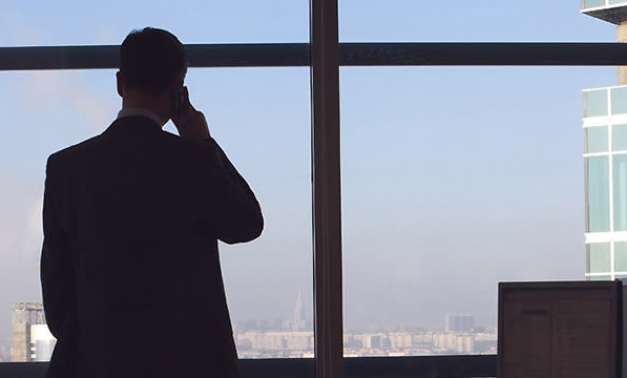



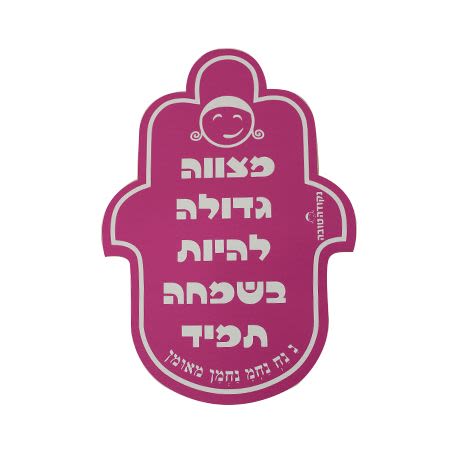
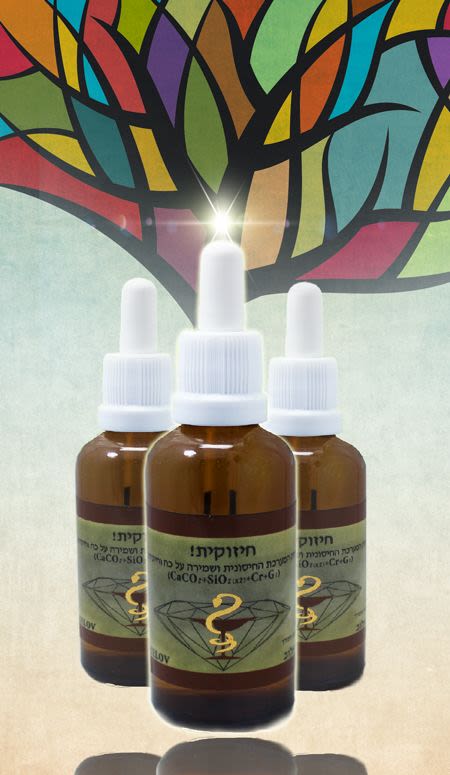
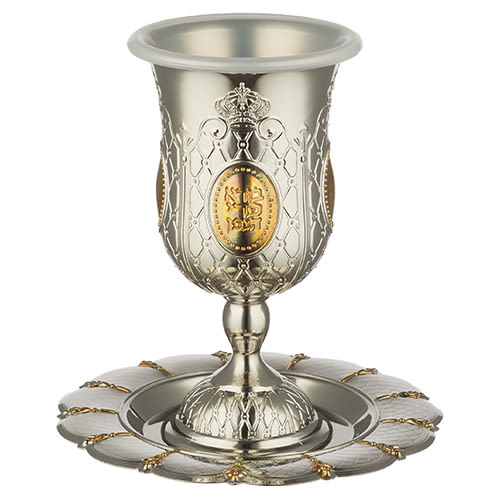
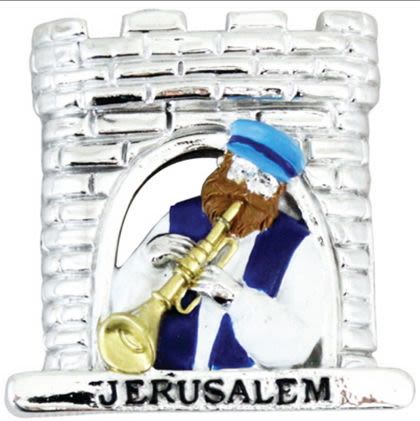
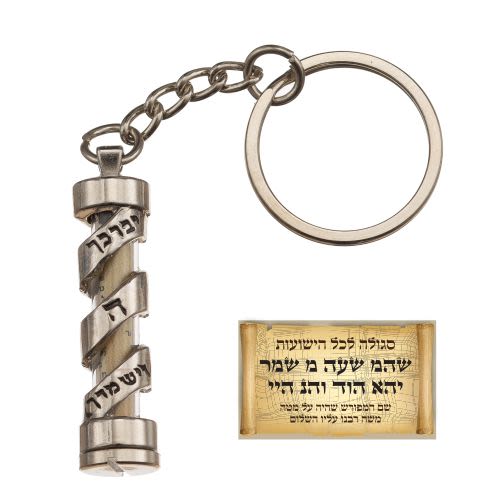
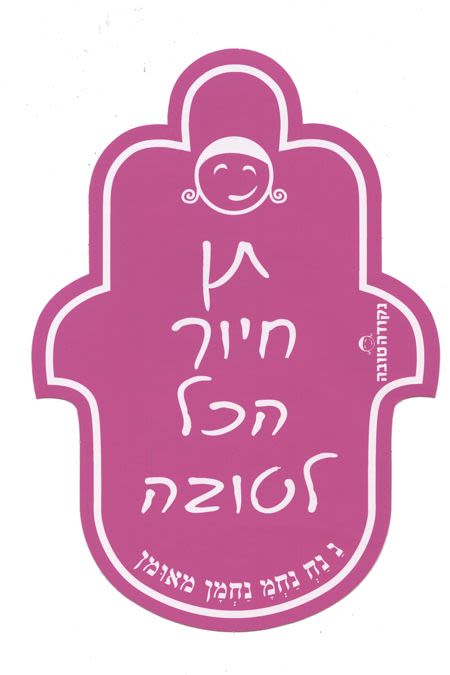
10/22/2012
stoned during hitbodedut in jerusalem Your story immediately revived for me the experience of being stoned by arabs in jerusalem during hitbodedut. I was walking and talking in Jerusalem near Har haTzophim when a group of arabs started throwing stones at me. All of a sudden I felt powerfully filled with emunah. I turned to Hashem and said: their stones cannot harm me if you don't want them to. I will not run. and I will not turn my face to them. I will continue walking and fear no harm because you are with me. I walked on saying over and over "the rocks cannot hurt me unless you want them to". To enhance my gratitude, Hashem let one of the rocks hit me. The rock, which was about the size of an orange, bounced off the strap of my backpack. I barely felt it. Thank you for reminding me about this miracle. The greatest miracle of all was that hashem gave me the emunah to walk through the valley of death without fear. Thank you Hashem for your loving kindness and your endless compassion.
10/22/2012
Your story immediately revived for me the experience of being stoned by arabs in jerusalem during hitbodedut. I was walking and talking in Jerusalem near Har haTzophim when a group of arabs started throwing stones at me. All of a sudden I felt powerfully filled with emunah. I turned to Hashem and said: their stones cannot harm me if you don't want them to. I will not run. and I will not turn my face to them. I will continue walking and fear no harm because you are with me. I walked on saying over and over "the rocks cannot hurt me unless you want them to". To enhance my gratitude, Hashem let one of the rocks hit me. The rock, which was about the size of an orange, bounced off the strap of my backpack. I barely felt it. Thank you for reminding me about this miracle. The greatest miracle of all was that hashem gave me the emunah to walk through the valley of death without fear. Thank you Hashem for your loving kindness and your endless compassion.
10/21/2012
not sure about this although your piece is well intended, i think it is over the top to connect hitler youth with jews making teshuvah. yes, the connection is understood: Hashem controls everything and when the jewish people are not doing proper teshuvah He sends enemies to "motivate" us. okay…. but the direct connection seems a bit stark and maybe insensitive to those who suffered. who are we to judge?! each person has their own personal tikkun from Hashem. it may not be so simple as teshuvah..for each case..do we really know? do you? so while seeing enemies as a motivator for teshuvah, a constructive idea for sure..i think we have to be careful when we make such stark comparisons.